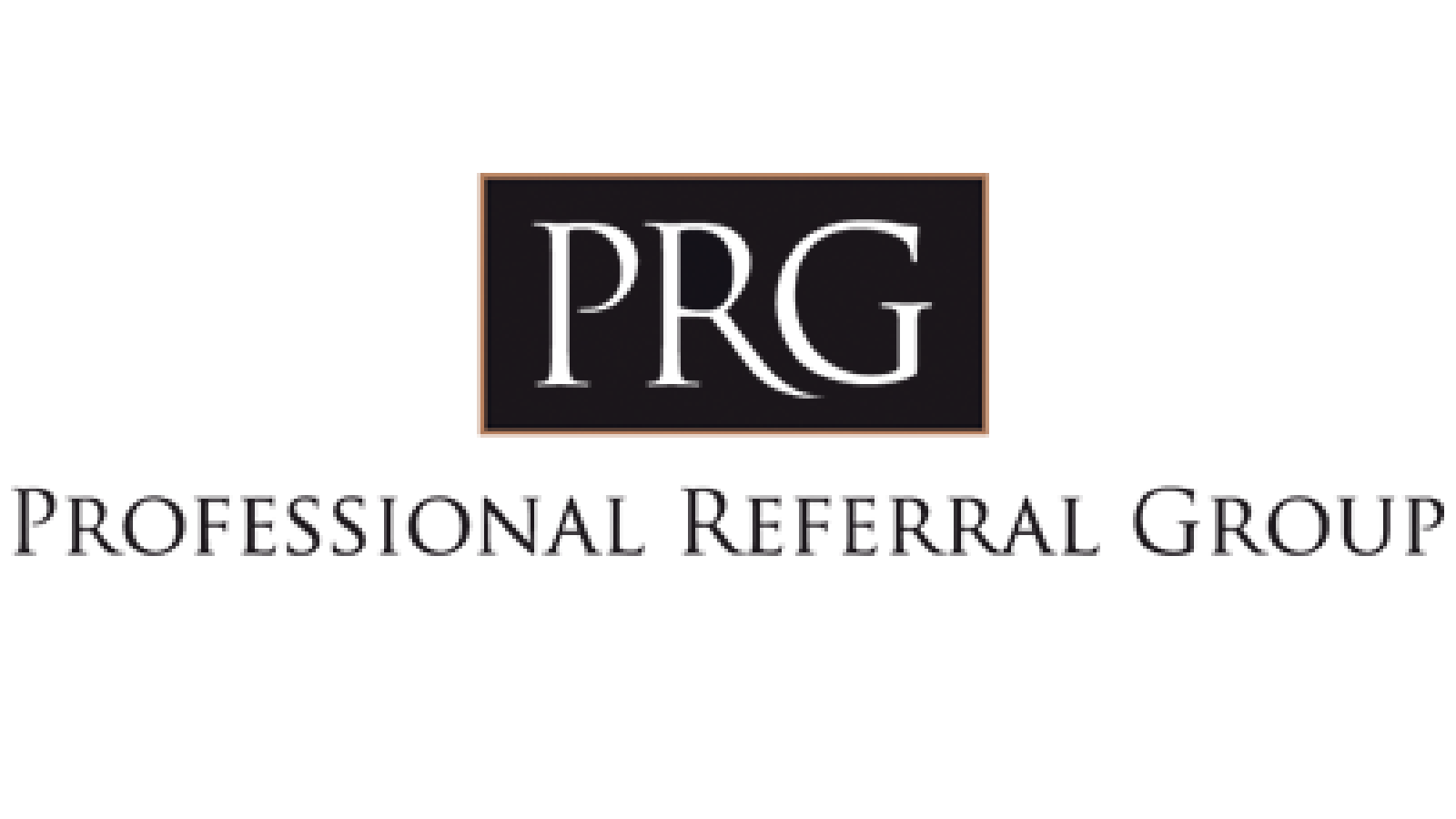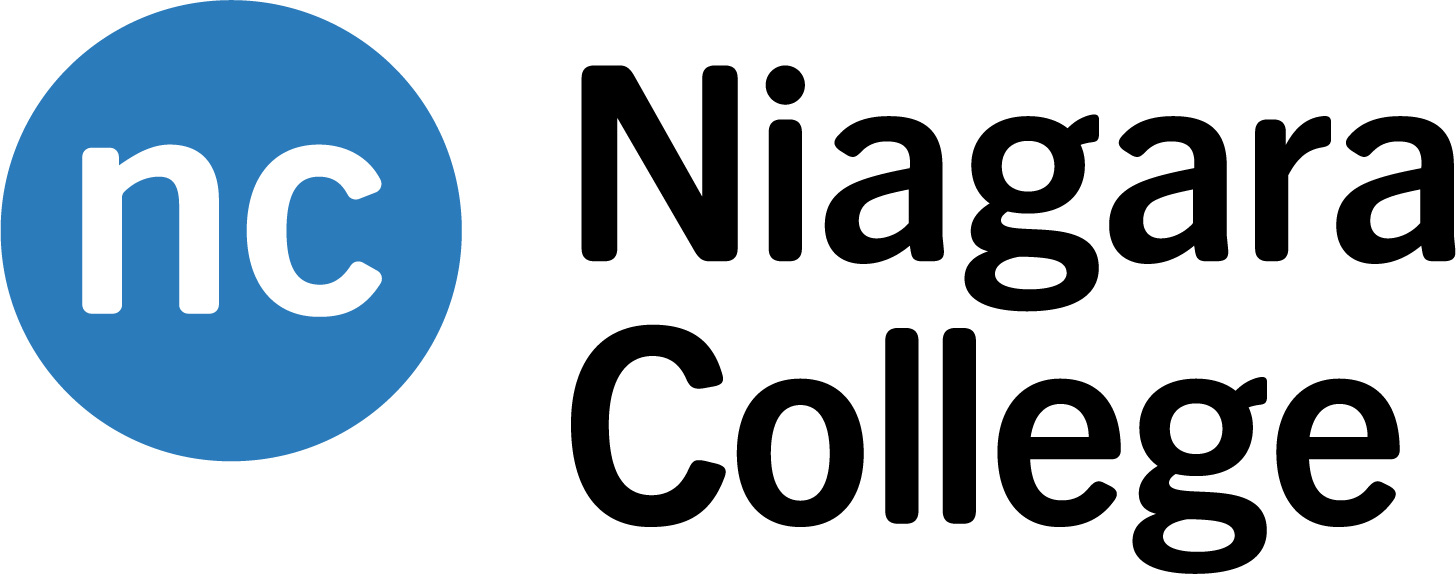It’s time to make a fresh start – and one way to do that is to make some New Year’s resolutions. Of course, you can make these resolutions for all parts of your life – physical, emotional, intellectual – but have you ever considered some financial resolutions?
Here are a few such resolutions to consider:
- Don’t overreact to events. When the coronavirus pandemic hit the financial markets took a big hit. Many people, convinced that we were in for a prolonged slump, decided to take a “time out” and headed to the investment sidelines. But it didn’t take long for the markets to rally, rewarding those patient investors who stayed the course. Nothing is a certainty in the investment world, but the events of 2020 followed a familiar historical pattern: major crisis followed by market drop followed by strong recovery. The lesson for investors? Don’t overreact to today’s news – because tomorrow may look quite different.
- Be prepared. At the beginning of 2020, nobody was anticipating a worldwide pandemic and its terrible consequences, both to individuals’ health and to their economic well-being. None of us can foretell the future, either, but we can be prepared, and one way to do so is by building an emergency fund. Ideally, such a fund should be kept in liquid, low-risk vehicles and contain at least six months’ worth of living expenses.
- Focus on moves you can control. In response to pandemic-related economic pressures, some employers cut their matching contributions to employer sponsored plans. Will some future event cause another such reduction? No one knows – and even if it happens, there’s probably nothing you can do about it. Instead of worrying about things you can’t control, focus on those you can. When it comes to your Registered Retirement Savings Plan (RRSP) or employer-sponsored retirement plan, put in as much as you can afford, and if your salary goes up, increase your contribution.
- Recognize your ability to build savings. During the pandemic, the personal savings rate shot up, hitting a record of 28.2% from April to June according to Statistic Canada during the pandemic. It fell over the next several months, but still remained about twice as high as the rate of the past few years. Of course, much of this surge in Canadians proclivity to save money was due to our lack of options for spending it, as the coronavirus caused either complete or partial shutdowns in physical retail establishments, as well as dining and entertainment venues. But if you did manage to boost your own personal savings when your spending was constrained, is it possible to remain a good saver when restrictions are lifted? Probably. And the greater your savings, the greater your financial freedoms – including the freedom to invest and freedom from excessive debt. When we reach a post-pandemic world, see if you can continue saving more than you did in previous years – and use your savings wisely.
These aren’t the only financial resolutions you can make – but following them may help you develop habits that could benefit you in 2021 and beyond.
This article was written by Edward Jones for use by your local Edward Jones Financial Advisor, Nicolle Lalonde.
 Back to myNiagaraOnline
Back to myNiagaraOnline
































